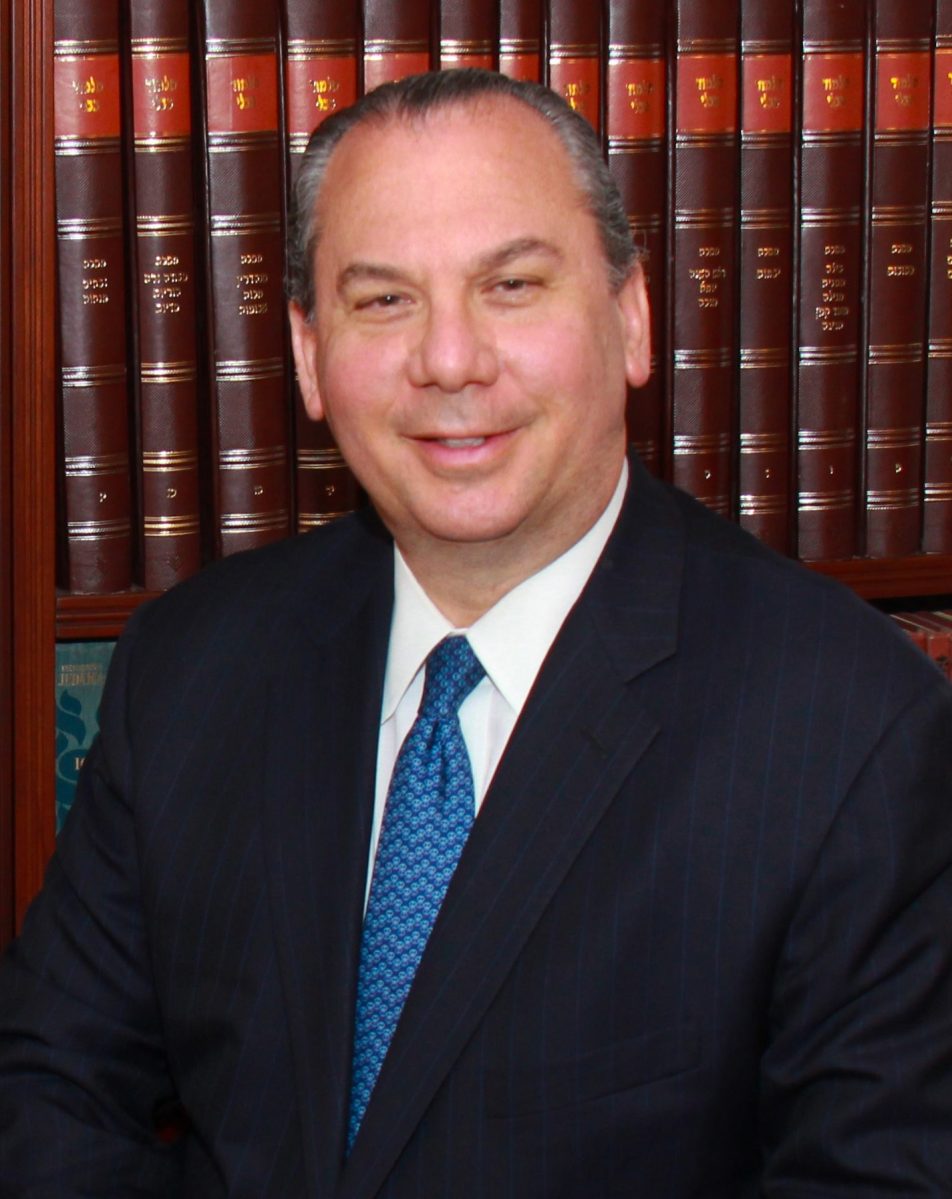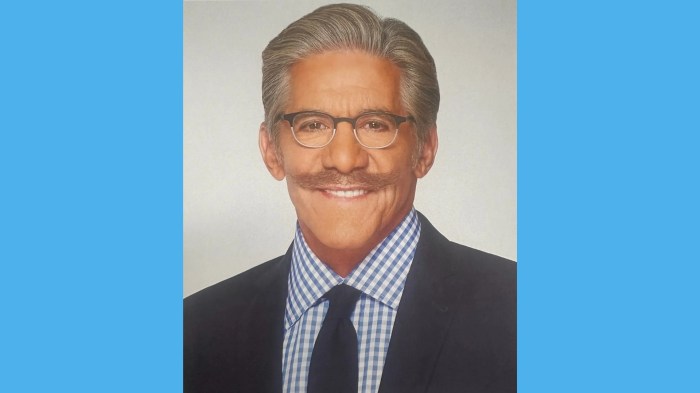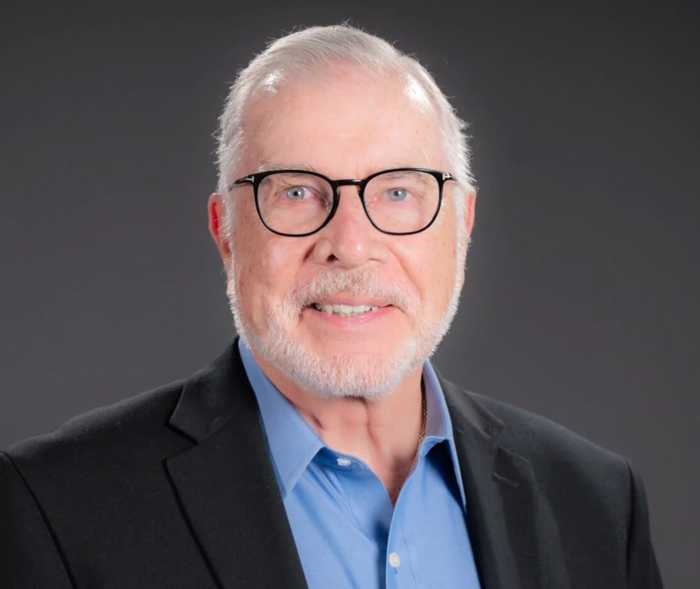Judaism – at this penitential season – reminds us that it is human nature to change human actions. But Jewish tradition is clear: a genuine transformation does not happen overnight or for convenience. It requires contrition, confession, and change. Without all three, there is no teshuvah or repentance, only posturing.
As the Jewish community enters the Days of Awe with Rosh Hashanah on Monday evening, followed by Yom Kippur, we are reminded that transformation begins with accountability. We reflect, we acknowledge, we confess, and then we commit to a new path. This is the framework we should expect not only of ourselves, but of those who seek to lead us.
Zohran Mamdani, the Democratic nominee for mayor of New York City, has repeatedly stated that his views have “evolved.” But what he presents is not regret. It is repositioning. The first step in acknowledging your mistakes is you have to express regret for past actions.
Consider his record. In 2020, during the protests over George Floyd’s murder, Mamdani declared on social media that the NYPD was “racist, anti-queer and a major threat to public safety,” adding: “Defund it. Dismantle it. End the cycle of violence.”
Today, he vows to maintain the current police headcount and even keep the active commissioner. He went as far as recently saying that he owes NYPD officers an apology, but he has expressed no meaningful contrition for his past statements.
He once pushed to decriminalize prostitution, yet when asked by The New York Times if he still supports the idea, he refused to answer. He has expressed no contrition for his past statements.
He argued that New York’s specialized high-school entrance exam should be abolished, but now says he will keep it. He embraced the Democratic Socialists of America, then tried to distance himself from the group once it became politically costly. He has expressed no contrition for his past statements.
On matters that affect Jewish New Yorkers, Mamdani has never condemned the antisemitic slogan, “globalize the intifada,” and recently said he would not use the International Holocaust Remembrance Alliance definition of antisemitism.
At the same time, he continues to accuse Israel of “genocide,” as noted in the Associated Press.
These contradictions do not reflect growth. They reflect calculation. He has expressed no contrition for his past statements.
Recently at Brooklyn College, Mamdani denounced the “repression” of pro-Palestinian faculty.
He neglected to acknowledge that Jewish students there have endured harassment from some of those same faculty and allies since October 7th. One student wrote that professors have singled out Jewish students, that Students for Justice in Palestine shouted down a Jewish mourning vigil, and that protest-driven hostility has made her feel unsafe.
Mamdani cast faculty as victims, all while ignoring the intimidation Jewish students continue to face. He has expressed no contrition for his past statements.
The High Holy Days demand of us a genuine process of introspection and self-evaluation. By not expressing his contrition and confession, Mamdani has failed miserably at this test.
Contrition, confession, and change are not optional processes. They are prerequisites for a genuine transformation.
It is acceptable and encouraged to change your positions based on past mistakes. But to measure one’s sincerity and dedication to meaningful change, you must go through a process of expressing remorse for one’s past actions and wrongdoings.
Rosh Hashanah is the universal new year, marking the anniversary of the creation of humankind.
These three principles of self-examination apply not only to Jews but to all of humanity.
In the marketplace of politics, voters have to distinguish between conviction and convenience. New Yorkers do not have the luxury of waiting years to see if this candidate’s “new agenda” is genuine. The election is just weeks away. The city’s future is on the line.
Rabbi Marc Schneier is one of New York’s most prominent rabbinical leaders.





























